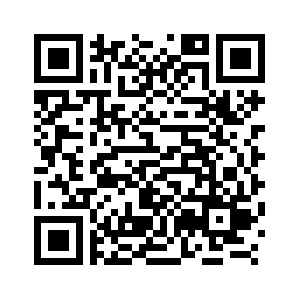SINGAPORE, Feb. 11 (Xinhua) -- Singapore will begin providing subsidies and allow individuals to use their personal medical savings for shingles vaccination, the Ministry of Health announced on Monday.
Starting from September 2025, eligible Singaporeans and permanent residents will be able to receive means-tested subsidies of up to 75 percent for Shingrix, the only vaccine currently approved by the Health Sciences Authority for shingles prevention, the ministry said in a statement.
As part of this initiative, seniors from the Pioneer Generation and the Merdeka Generation, two programs aimed at recognizing the contributions of these older generations to Singapore's early development, will receive additional subsidies for outpatient vaccinations.
Following the subsidies, citizens will pay between 75 and 300 Singapore dollars (between 55.5 and 222 U.S. dollars) for a full course of Shingrix, which consists of two doses. Permanent residents will pay about 450 Singapore dollars per course.
From 2026 onwards, MediSave, the country's personal medical savings scheme, can be used to cover the costs of the vaccine after subsidies. MediSave allows individuals to save a portion of their income in a mandatory account for future medical expenses.
Before the subsidies, the full cost of the vaccine is around 900 Singapore dollars. Health Minister Ong Ye Kung noted on Monday that this price was a concern for many seniors who had asked if the government could either subsidize the vaccine or allow them to use MediSave for the payment.
Following discussions with the vaccine's manufacturer, GSK, the company has agreed to adjust the price, while the government will provide additional subsidies to make the vaccine more accessible.
Shingles affects an estimated 30,000 people annually in Singapore, with some individuals suffering from recurring outbreaks. Ong said the disease can be "painful and very long-lasting." (1 Singapore dollar equals 0.74 U.S. dollar) ■



